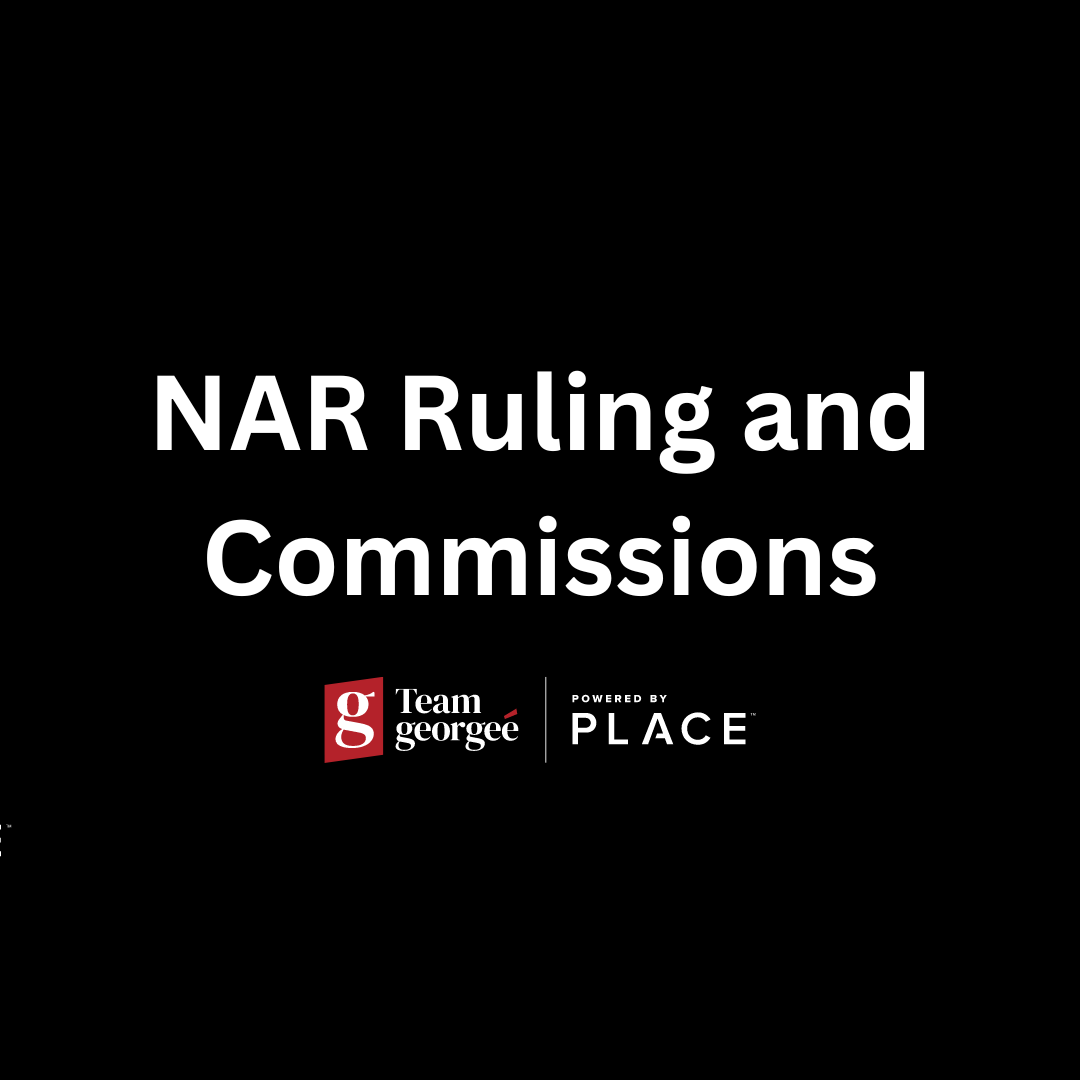Published September 2, 2024
NAR Ruling and Commissions

Navigating the New NAR Regulations on Real Estate Commissions: What Buyers and Sellers Need to Know
The real estate landscape is evolving, and with the recent changes in the National Association of Realtors (NAR) regulations, it’s essential to understand what these shifts mean for buyers, sellers, and agents alike. One of the most significant points to emphasize is that real estate fees have always been negotiable. However, this flexibility is often misunderstood or overlooked in practice.
Understanding Fee Negotiation
Agents, while not obligated to negotiate their fees, are not prohibited from doing so. This nuance is crucial—commissions are a product of negotiation between the professional and the customer. It’s up to both parties to determine the value of the services being provided. Sellers and buyers are encouraged to ask questions, but the final decision rests on finding a mutual agreement on the value brought to the table.
The Role of Buyer Fees in the Sale Price
Traditionally, buyer agent fees were often built into the sale price of a home, effectively allowing the seller to cover the buyer agent’s fee. This practice made it easier for buyers, who often struggle with saving for down payments, to enter the market without the additional burden of paying fees in cash. With the new regulations highlighting fee transparency, it’s more important than ever for sellers to maintain an open mind toward covering buyer agent fees.
Sellers who are willing to cover these costs can attract a broader pool of buyers, which ultimately leads to more competition and potentially the best price for their home. Requiring buyers to pay commissions out-of-pocket could exclude many potential buyers who cannot afford to pay these fees on top of their down payment, making the property less accessible.
Identifying Value in Real Estate Services
One challenge in the industry is the wide variation in agent experience and service quality. Not all agents bring the same level of expertise or value to the table when listing or finding homes. Sellers and buyers should take the time to interview prospective agents to ensure they are choosing someone who offers the best value for their specific needs. Just as sellers have always had the option to contract with a listing agent, buyers should also feel empowered to interview and select a buyer’s agent who meets their standards.
The Importance of Contracting with the Right Agent
When an agent truly values their time and expertise, they will require a formal contract with both buyers and sellers. This contract should clearly outline their value proposition, supported by past sales, testimonials, and specific services offered throughout the transaction process. By contracting with the right professional, clients can ensure they are receiving dedicated service tailored to their needs, while agents can confidently provide their best work knowing their efforts are appreciated and fairly compensated.
Empowering Consumers Through Education and Choice
The recent NAR regulation changes aim to bring more transparency and empowerment to consumers. It’s not just about negotiating a lower fee; it’s about recognizing the agent who brings the most value. Real estate transactions are significant financial and emotional decisions. Consumers deserve to work with professionals who demonstrate clear, measurable value in guiding them through these important moments.
Final Thoughts
As the industry adapts to these new regulations, it’s crucial for consumers to take an active role in their real estate journey. Sellers, in particular, should remain open to covering buyer agent commissions as a strategic advantage, enhancing the property’s appeal and maximizing buyer interest. Buyers should interview agents, ask about their value proposition, and ensure that any fees paid are a reflection of the quality and expertise being offered. By doing so, buyers and sellers can confidently navigate the process, knowing they’ve chosen the best representation for their needs.






